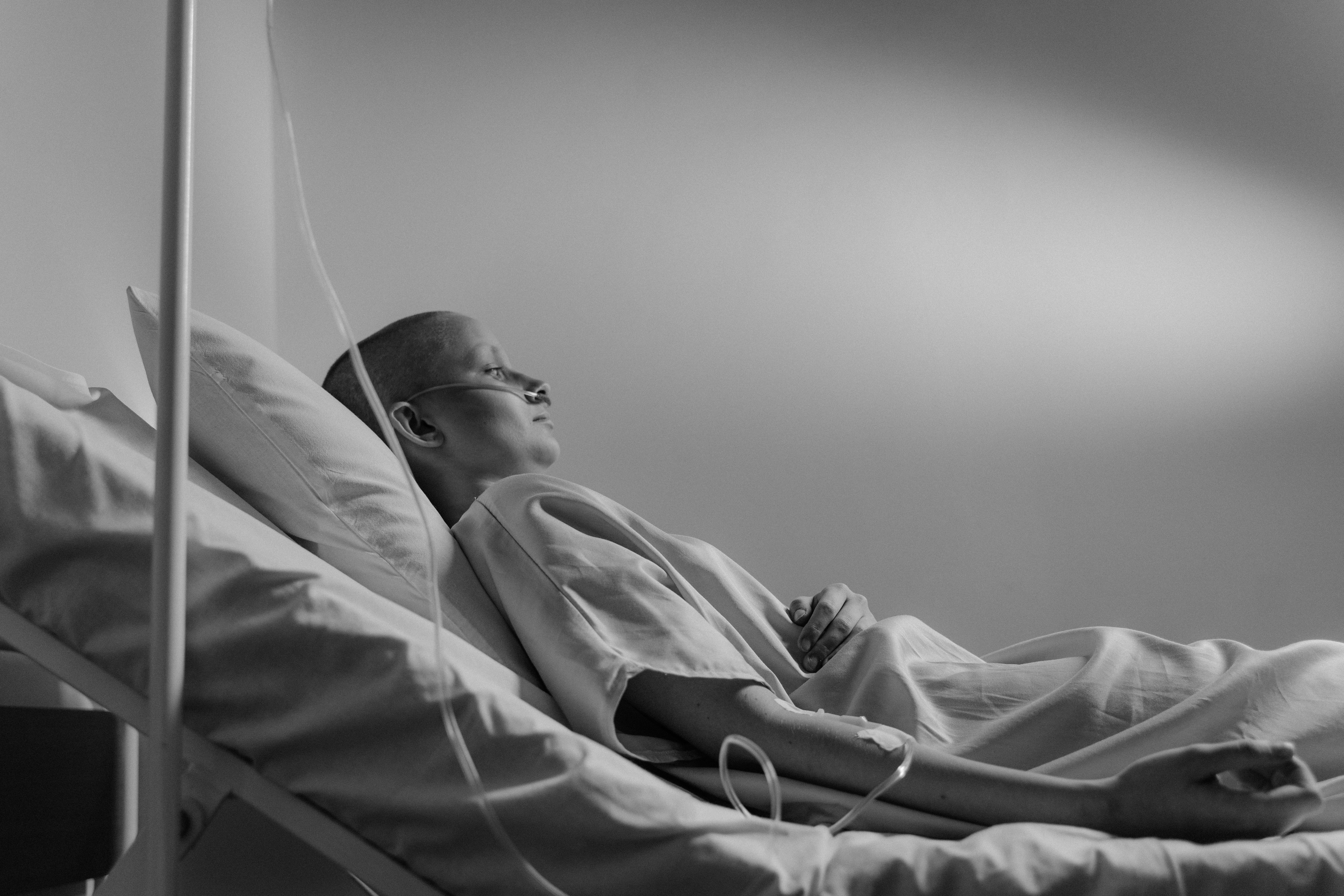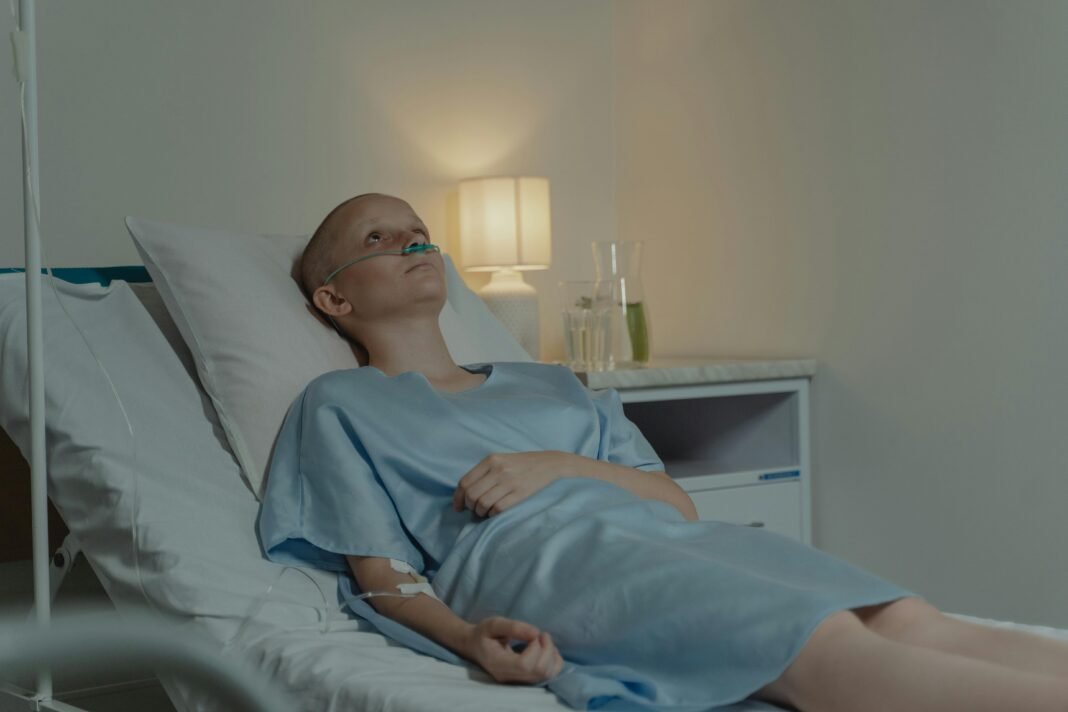Table of Contents
Cancer is a disease that often strikes fear in our hearts, especially when we hear stories of people who lead healthy lifestyles but still get diagnosed. This raises an important question: how can we protect ourselves from this unpredictable illness?
To answer this, we need to first understand the basics of cancer and how our body functions daily. Surprisingly, nearly 330 billion cells in our body die and regenerate each day. Under normal circumstances, this process keeps us healthy, but sometimes these cells grow uncontrollably, which leads to cancer. Even people who avoid smoking or alcohol can still be affected, underscoring that lifestyle choices are just one part of the equation.
Preventing Cancer: What You Can Do
The encouraging news is that around 42% of cancer cases worldwide are preventable. By making informed decisions, you can drastically reduce your risk. Below are five essential strategies to help protect yourself from cancer:
- 1. Avoid Tobacco and Smoking
Smoking is one of the leading causes of several cancers, including lung cancer. According to the World Health Organization (WHO), tobacco use accounts for more than 7 million deaths each year, many of which are preventable (WHO Report). - 2. Maintain a Healthy Diet
Eating a balanced diet filled with fruits, vegetables, and whole grains can significantly reduce cancer risk. Studies have shown that diets high in antioxidants, fiber, and healthy fats not only promote overall health but also combat cancer cell growth. The American Cancer Society recommends a diet with at least 2 ½ cups of vegetables and fruits daily (American Cancer Society Guidelines). - 3. Stay Physically Active
Exercise isn’t just about keeping fit; it plays a key role in lowering cancer risks by maintaining a healthy weight, reducing inflammation, and balancing hormone levels. Research has consistently linked regular physical activity to a lower risk of several types of cancer, including breast, colon, and lung cancers. The National Cancer Institute (NCI) highlights that even moderate activity can have significant benefits (NCI Physical Activity). - 4. Protect Yourself from Harmful Sunlight
Excessive exposure to ultraviolet (UV) rays from the sun can cause skin cancer, one of the most common cancers globally. By using sunscreen, wearing protective clothing, and avoiding sun exposure during peak hours, you can lower your risk. The Skin Cancer Foundation advises using a broad-spectrum sunscreen with an SPF of 30 or higher whenever you’re outdoors (Skin Cancer Prevention). - 5. Vaccinations Against Cancer-Linked Viruses
Certain infections like Human Papillomavirus (HPV) and Hepatitis B are linked to different cancers. Vaccines can help prevent these infections and lower your cancer risk. For example, the HPV vaccine can prevent infections that lead to cervical, anal, and throat cancers, according to the Centers for Disease Control and Prevention (CDC) (CDC HPV Vaccine Information).
Fighting Cancer with Determination
One key takeaway from this discussion is that fighting cancer requires not just medical treatment but mental strength and determination. Staying active, even during treatment, can have positive effects on both physical and emotional well-being. Those who fight the disease with dedication are living proof that resilience can make a difference.

Conclusion: Empowering Yourself Through Awareness
Cancer is a multifaceted disease that can affect anyone, but many cases are preventable. By being proactive, staying informed, and making healthier choices, you can significantly reduce your cancer risk. These tips serve as a guide to a healthier lifestyle, but remember that regular medical checkups and early detection are just as important in the fight against cancer.
Cancer prevention is within your control, and small changes today can lead to a healthier, cancer-free future.





